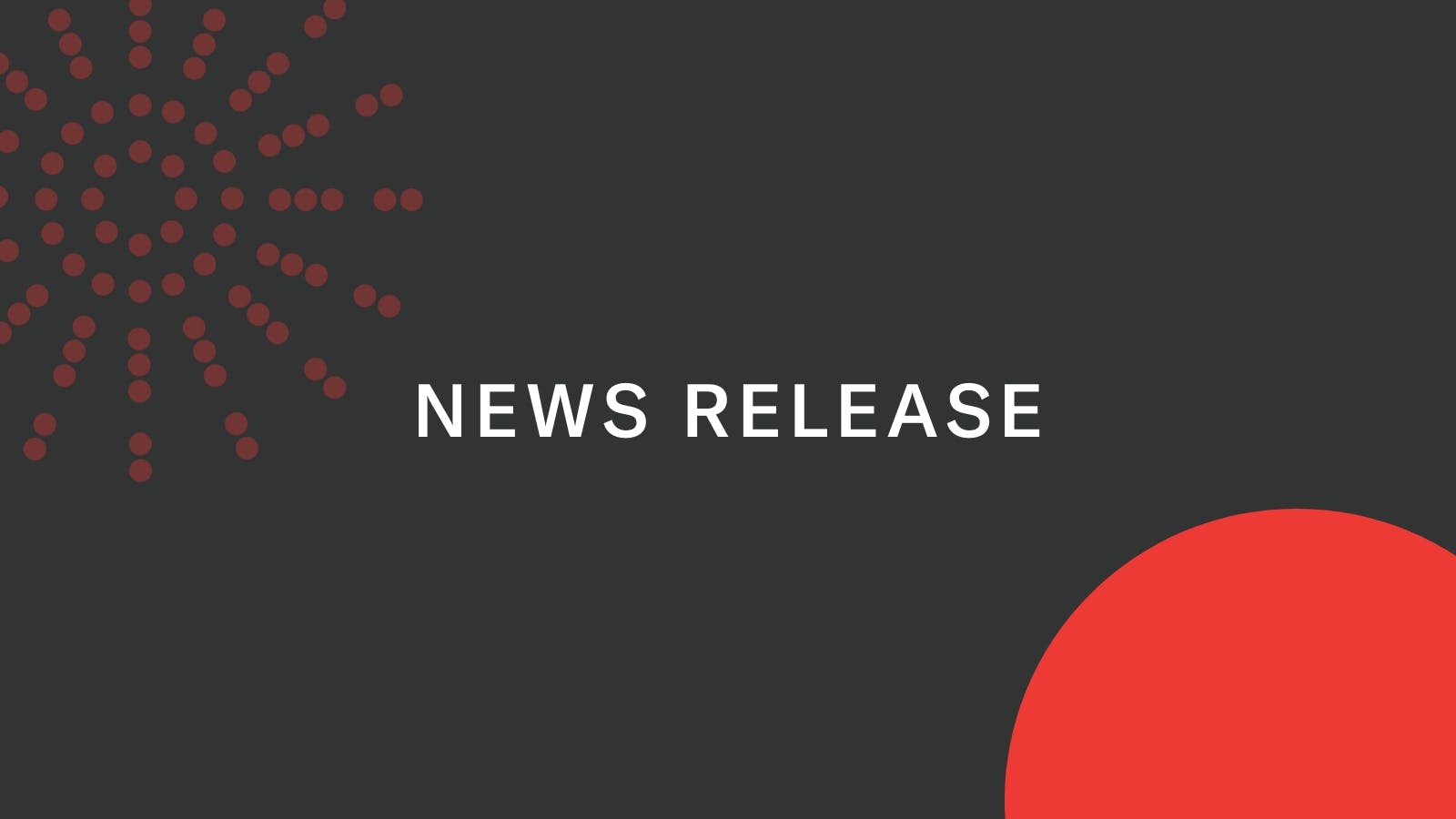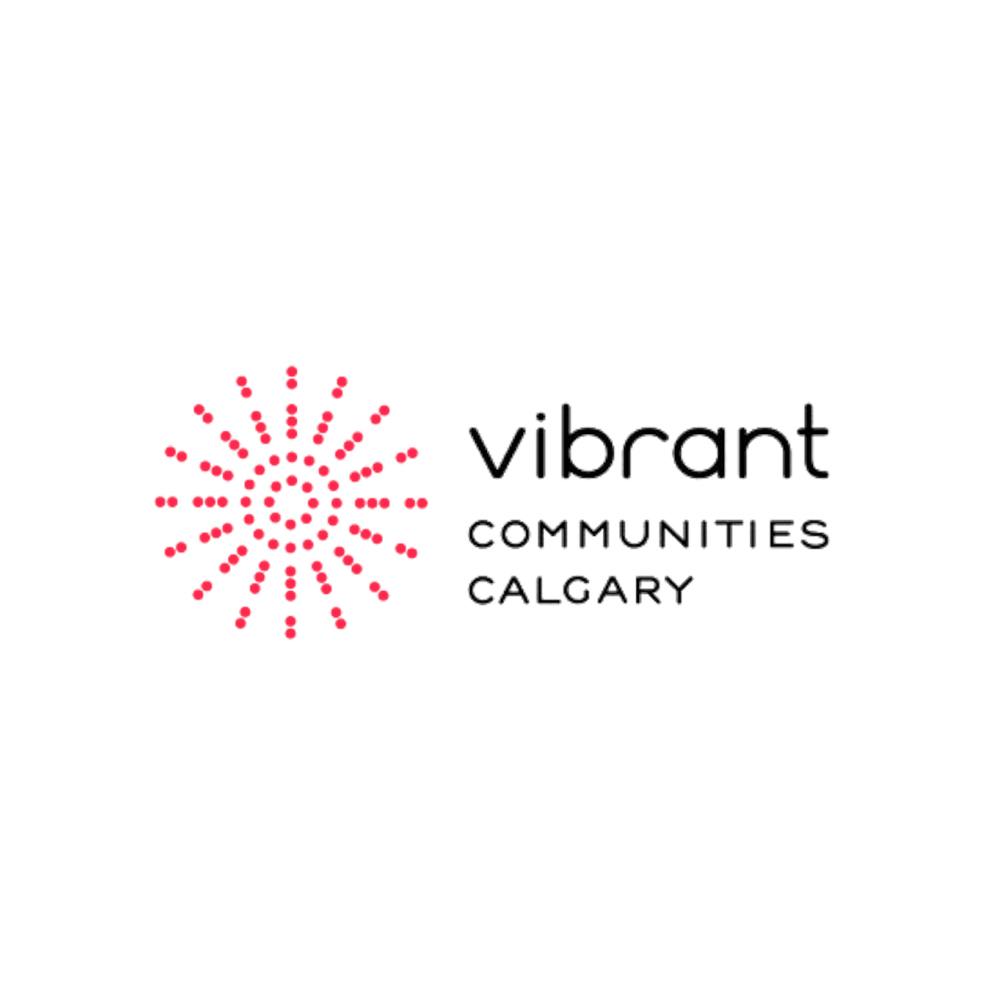Calgary, Oct. 5, 2022 - Today, Vibrant Communities Calgary (VCC) released a new report, the State of Calgary’s Emergency Food Assistance System.
VCC has been examining the emergency food assistance system since the onset of the COVID-19 pandemic in early 2020 when Calgary saw heightened demand for food assistance and an influx of new providers working to fill the need. The agency released Examining Calgary’s Emergency Food Assistance System in March 2021, exploring the scope of food insecurity in Calgary in the context of the COVID-19 pandemic, assessing the effectiveness of the current emergency food system, and identifying opportunities for improving the effectiveness of the emergency food assistance system.
The latest iteration of this report explores the progress of Calgary’s emergency food assistance system and how new challenges in 2022 have shaped providers. Key highlights include:
- Food costs for a family of four have risen almost $1,000 over 2021 and Alberta is the most food insecure province in Canada. 211 – a service that connects people to resources and services – reported more than 1,400 food related inquiries in Calgary from Jan-June 2022.
- More than 200 emergency food assistance providers are operating in Calgary. The largest, the Calgary Food Bank, saw a 25% increase in hampers in the first three months of 2022 compared to the same time last year.
- Emergency Food Assistance providers are seeing an ongoing need for their food-related programs, even now that pandemic-related closures and recovery-specific funding are over.
Quotes
“The cost of gas, rent and groceries keep climbing faster than wages, so people are forced to go without food to keep a roof over their heads. Emergency food assistance cannot be a stopgap for better government policy. It’s clear the provinces that excel in keeping their citizens fed also have higher minimum wages and better income support programs. More food hampers will not solve food insecurity, changing systems that keep people in poverty will.”
- Meaghon Reid, executive director, VCC
“If the past two years have taught us anything, it’s that many things aren’t going back to the way they were pre-pandemic. This is true for emergency food assistance. While we saw incredible progress like increased collaboration in the sector and innovative approaches for addressing Calgarian’s needs, food insecurity continues to be a huge problem in Alberta and is likely to remain that way for the foreseeable future.”
- Laura Nauta, lead researcher, Canadian Poverty Institute
Resources
- Read the State of Calgary’s Emergency Food Assistance System.
- Without proper nutrition or access to healthy, culturally-appropriate foods, struggling Calgarians will experience health issues, from obesity and type 2 diabetes to mental health challenges.
- Lynn McIntyre is an expert on health equity and food insecurity. Read her blog exploring policy that could address food insecurity in Alberta.
- PROOF's latest report on the scale and severity of household food insecurity in Canada says one in five Albertans experienced food insecurity in 2021.
About Vibrant Communities Calgary
VCC is a non-profit organization that works collaboratively with stakeholders and partners to engage and serve Calgarians and to advocate for long-term strategies that address the root causes of poverty in Calgary. VCC engages the community using a Collective Impact approach to poverty reduction and is the steward of the Enough for All 2.0 Poverty Reduction Strategy.
For more information, visit enoughforall.ca or follow us on twitter, Facebook, LinkedIn and Instagram.
About the Canadian Poverty Institute
The Canadian Poverty Institute is an inter-disciplinary institute with a mission to contribute to the healing of poverty through teaching, research and practice. Our vision is a city where the material, social and spiritual gifts and needs of all people are realized.
For more information, contact us.







